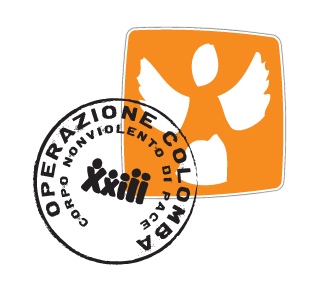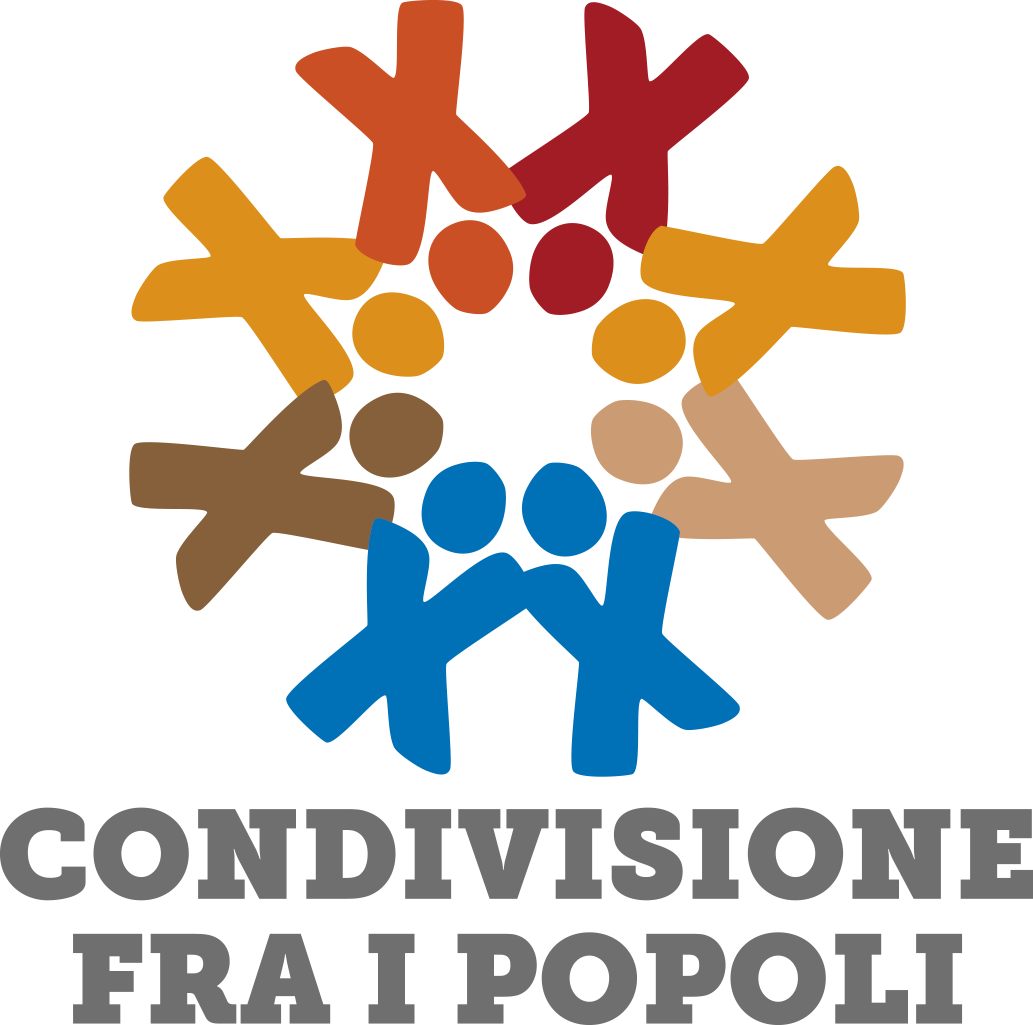Beit Ijza – Living in a cage
Suleiman is silent while he is drinking his coffee, sitting on the steps of his house. He is looking at the cameras that monitor every centimetre of his house. The surveillance cameras point at the small corridor connecting the house to the iron gate, on the fence, and on the 6-meter wall which delimits the few dunums left to him. He looks at the cameras, oriented at those 2 meters distance between the fence and the settlement. Just 2 meters, which Israel wanted to reduce further to 60 centimetres, and that Suleiman has conquered, day after day.
He gazes at the houses of the settlement. The structures built continue to increase, becoming every day bigger. Or maybe it’s how he sees it: overwhelming, suffocating, all around what he calls home, but that seems more like a prison. Last night again, the settlers didn’t give them a break. They have launched some buckets of water on the freshly washed clothes off the line. It happens every day, the fence which divides them has very wide mesh, while the walls are low.
They called the army, some days before. The gate, that permits to the family of Sulemain to go out from that prison, didn’t work. It seems that something is blocking the opening mechanism, and Suleiman has tried for days to open it, before the call. “We'll come to see” someone answered him, a guy barely 18 years old. Since Suleiman had conquered the right to have a key to open and close the gate every time he wants, events like this happen a lot of time. Previously the soldiers decided when the family could enter. One time, Suleiman was locked out for one week, with two of his children and his father, while the women were on the other side of the gate. His father was sick. It was January and it was bitterly cold, but he didn’t want to leave the gate. “They should come to open it at any time!” he repeated.
His father died some years ago, Suleiman is sure that the constant harassments have been too much a burden to that man. By the soldiers, who didn’t allow him to enter or to go outside his own house. By the settlers, who were throwing objects, liquids, anything, through the fence mesh. Sometimes it happens also that they shoot against them, especially when Suleiman received visits from friends, from his family or from internationals who were coming to see this open-air prison.
And Suleiman hasn't yet moved out, he stays there, and as every morning, he is drinking his coffee. His wife comes outside and complains about the wet clothes: she will have to wash them another time.
Suleiman is there to resist. He resists every day. He still resists, inside that prison.
In 2002, Israel started to build the Separation Wall between Israel and the West Bank. The area between the Green Line and the Wall, which is nearly 9% of the West Bank, is called Seam Zone. The presence of the Wall has limited the movements of the Palestinians in the area: a resolution of 2004 from the International Court of Justice has declared that Israel has violated the international law because Palestinians are required to obtain permits to move in the area and there are restricts access to some area on the other part of the Wall only to specific persons.
The Gharib family lives in Beit Ijza, in the house that belongs to the family. Although only a few kilometres from the rest of the village, the building is surrounded by the settlement of Givat Hahdashas. In 2007, an iron gate was installed at the entrance of the house, and until 2009 the Israeli authority could decide when and if opened it. Thanks to an appeal to the Court, since 2009 the family has obtained the right to have the gate always open.
A similar situation exists in Qatanna town, which is in the area declared as Seam Zone. Since 2009, there is a family who has had to request a permit to live in their house, now inside Israeli territory. Beginning in 2010 an electronic control system has been installed. So, the family has to call the Israeli authority in the Qalandiya checkpoint to be identified through the use of cameras and be able to pass the control. Often the system didn’t work, or the soldiers didn’t readily identify the members of the family, forcing them to wait for hours beyond the gate.


 OPERAZIONE COLOMBA
OPERAZIONE COLOMBA
